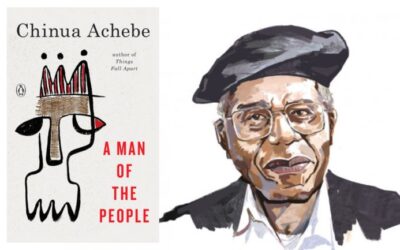Third Class in Indian Railways by M. K. Gandhi
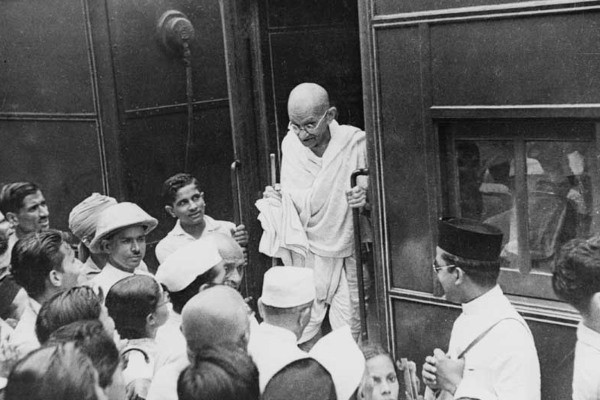 Gandhi (1)
Gandhi (1)
Third Class in Indian Railways by M. K. Gandhi offers a poignant account of his experiences and observations while traveling in the third class compartments of Indian railways during the British occupation.
Third Class in Indian Railways by M. K. Gandhi

Third Class in Indian Railways by M. K. Gandhi
I have now been in India for over two years and a half after my return from South Africa. Over one quarter of that time I have passed on the Indian trains travelling third class by choice. I have travelled up north as far as Lahore, down south up to Tranquebar, and from Karachi to Calcutta. Having resorted to third class travelling, among other reasons, for the purpose of studying the conditions under which this class of passengers travel, I have naturally made as critical observations as I could. I have fairly covered the majority of railway systems during this period.
Now and then I have entered into correspondence with the management of the different railways about the defects that have come under my notice. But I think that the time has come when I should invite the press and the public to join in a crusade against a grievance which has too long remained unredressed, though much of it is capable of redress without great difficulty.
On the 12th instant I booked at Bombay for Madras by the mail train and paid Rs. 13-9. It was labelled to carry 22 passengers. These could only have seating accommodation. There were no bunks in this carriage whereon passengers could lie with any degree of safety or comfort. There were two nights to be passed in this train before reaching Madras. If not more than 22 passengers found their way into my carriage before we reached Poona, it was because the bolder ones kept the others at bay. With the exception of two or three insistent passengers, all had to find their sleep being seated all the time.
After reaching Raichur the pressure became unbearable. The rush of passengers could not be stayed. The fighters among us found the task almost beyond them. The guards or other railway servants came in only to push in more passengers.
A defiant Memon merchant protested against this packing of passengers like sardines. In vain did he say that this was his fifth night on the train. The guard insulted him and referred him to the management at the terminus. There were during this night as many as 35 passengers in the carriage during the greater part of it. Some lay on the floor in the midst of dirt and some had to keep standing. A free fight was, at one time, avoided only by the intervention of some of the older passengers who did not want to add to the discomfort by an exhibition of temper.
On the way passengers got for tea tannin water with filthy sugar and a whitish looking liquid mis-called milk which gave this water a muddy appearance. I can vouch for the appearance, but I cite the testimony of the passengers as to the taste.
Not during the whole of the journey was the compartment once swept or cleaned. The result was that every time you walked on the floor or rather cut your way through the passengers seated on the floor, you waded through dirt.
The closet was also not cleaned during the journey and there was no water in the water tank.
Refreshments sold to the passengers were dirty-looking, handed by dirtier hands, coming out of filthy receptacles and weighed in equally unattractive scales. These were previously sampled by millions of flies. I asked some of the passengers who went in for these dainties to give their opinion. Many of them used choice expressions as to the quality but were satisfied to state that they were helpless in the matter; they had to take things as they came.
On reaching the station I found that the ghari-wala would not take me unless I paid the fare he wanted. I mildly protested and told him I would pay him the authorised fare. I had to turn passive resister before I could be taken. I simply told him he would have to pull me out of the ghari or call the policeman.
The return journey was performed in no better manner. The carriage was packed already and but for a friend’s intervention I could not have been able to secure even a seat. My admission was certainly beyond the authorised number.
This compartment was constructed to carry 9 passengers but it had constantly 12 in it. At one place an important railway servant swore at a protestant, threatened to strike him and locked the door over the passengers whom he had with difficulty squeezed in. To this compartment there was a closet falsely so called. It was designed as a European closet but could hardly be used as such. There was a pipe in it but no water, and I say without fear of challenge that it was pestilentially dirty.
The compartment itself was evil looking. Dirt was lying thick upon the wood work and I do not know that it had ever seen soap or water.
The compartment had an exceptional assortment of passengers. There were three stalwart Punjabi Mahomedans, two refined Tamilians and two Mahomedan merchants who joined us later. The merchants related the bribes they had to give to procure comfort. One of the Punjabis had already travelled three nights and was weary and fatigued. But he could not stretch himself. He said he had sat the whole day at the Central Station watching passengers giving bribe to procure their tickets. Another said he had himself to pay Rs. 5 before he could get his ticket and his seat. These three men were bound for Ludhiana and had still more nights of travel in store for them.
What I have described is not exceptional but normal. I have got down at Raichur, Dhond, Sonepur, Chakradharpur, Purulia, Asansol and other junction stations and been at the ‘Mosafirkhanas’ attached to these stations. They are discreditable-looking places where there is no order, no cleanliness but utter confusion and horrible din and noise. Passengers have no benches or not enough to sit on. They squat on dirty floors and eat dirty food. They are permitted to throw the leavings of their food and spit where they like, sit how they like and smoke everywhere. The closets attached to these places defy description.
I have not the power adequately to describe them without committing a breach of the laws of decent speech. Disinfecting powder, ashes, or disinfecting fluids are unknown. The army of flies buzzing about them warns you against their use. But a third-class traveller is dumb and helpless. He does not want to complain even though to go to these places may be to court death. I know passengers who fast while they are travelling just in order to lessen the misery of their life in the trains.
At Sonepur flies having failed, wasps have come forth to warn the public and the authorities, but yet to no purpose. At the Imperial Capital a certain third class booking-office is a Black-Hole fit only to be destroyed.
Is it any wonder that plague has become endemic in India? Any other result is impossible where passengers always leave some dirt where they go and take more on leaving.
On Indian trains alone passengers smoke with impunity in all carriages irrespective of the presence of the fair sex and irrespective of the protest of non-smokers. And this, notwithstanding a bye-law which prevents a passenger from smoking without the permission of his fellows in the compartment which is not allotted to smokers.
The existence of the awful war cannot be allowed to stand in the way of the removal of this gigantic evil. War can be no warrant for tolerating dirt and overcrowding. One could understand an entire stoppage of passenger traffic in a crisis like this, but never a continuation or accentuation of insanitation and conditions that must undermine health and morality.
Compare the lot of the first class passengers with that of the third class. In the Madras case the first class fare is over five times as much as the third class fare. Does the third class passenger get one-fifth, even one-tenth, of the comforts of his first class fellow? It is but simple justice to claim that some relative proportion be observed between the cost and comfort.
It is a known fact that the third class traffic pays for the ever-increasing luxuries of first and second class travelling. Surely a third class passenger is entitled at least to the bare necessities of life.
In neglecting the third class passengers, opportunity of giving a splendid education to millions in orderliness, sanitation, decent composite life and cultivation of simple and clean tastes is being lost. Instead of receiving an object lesson in these matters third class passengers have their sense of decency and cleanliness blunted during their travelling experience.
Among the many suggestions that can be made for dealing with the evil here described, I would respectfully include this: let the people in high places, the Viceroy, the Commander-in-Chief, the Rajas, Maharajas, the Imperial Councillors and others, who generally travel in superior classes, without previous warning, go through the experiences now and then of third class travelling. We would then soon see a remarkable change in the conditions of third class travelling and the uncomplaining millions will get some return for the fares they pay under the expectation of being carried from place to place with ordinary creature comforts.
Best M.K. Gandhi Books to Read
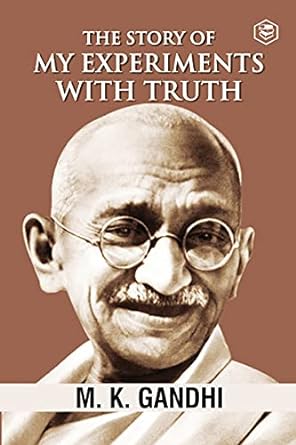
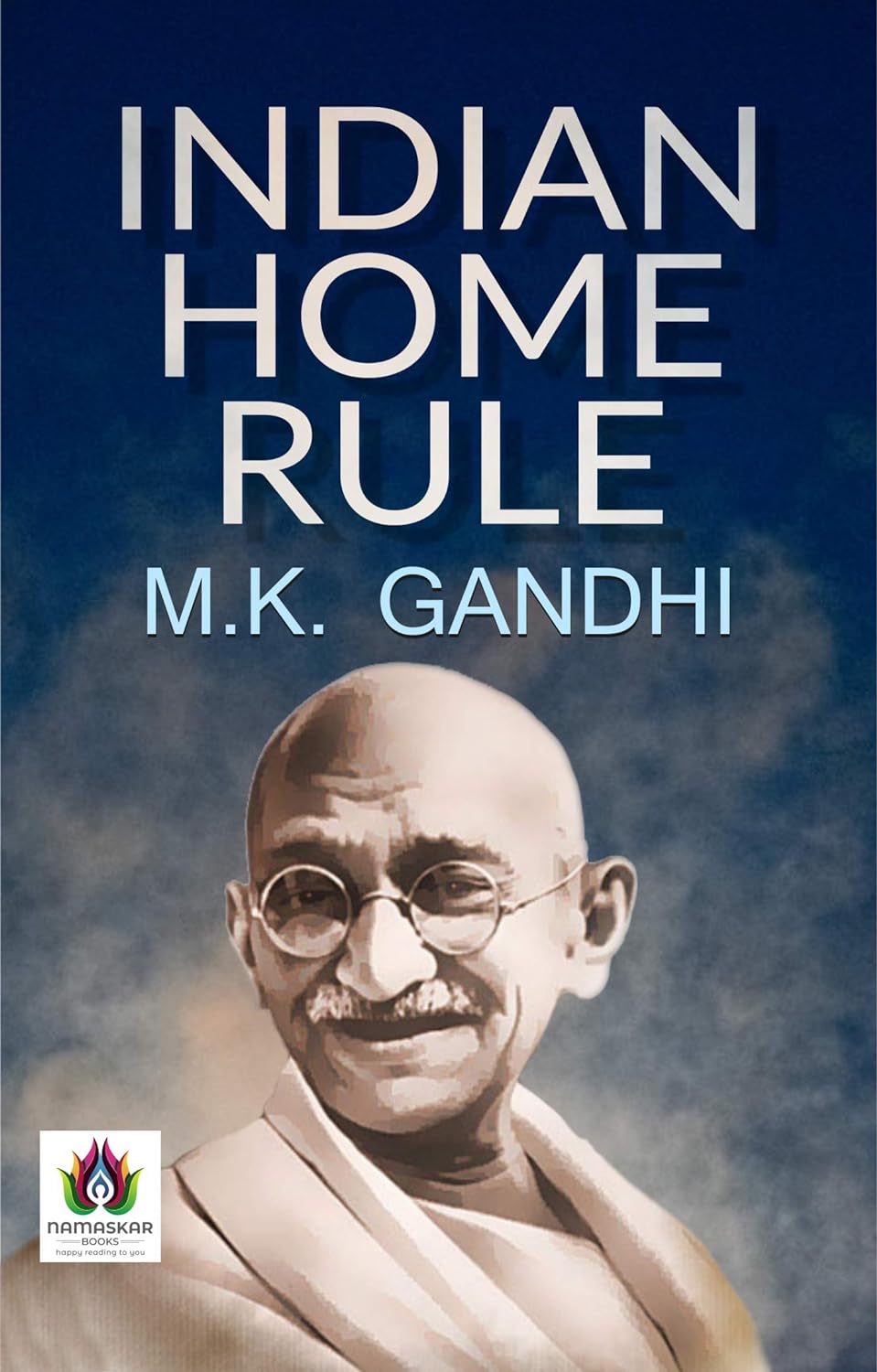
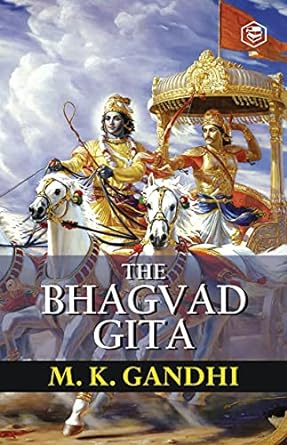
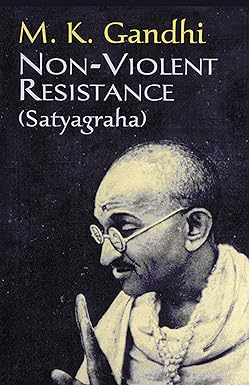
Narrated by Loubet, courtesy of Libravox.org
If you enjoyed Third Class in Indian Railways by M. K. Gandhi, check out our reading list of Best Indian Books to Read



